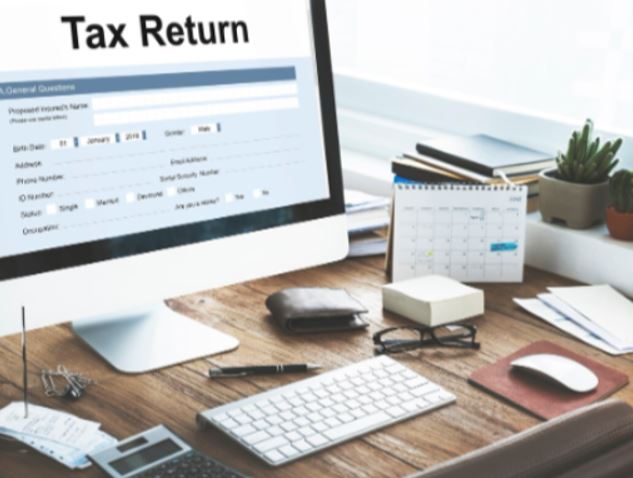
September 10, 2025
Cross-border tax filing could be a minefield. Be it an individual foreigner trying to understand the complicated world of a US Tax Return for Foreigners or a business trying to deal with Canadian Corporate Tax, one wrong move could result in fines, additional time, and unnecessary frustration. With many years of experience in this field, PPA TAX, a reputable cross-border accounting firm in Windsor, specializes in preventing these traps with accuracy and professionalism.
The most common pitfall foreigners make is that they do not need to file due to limited U.S.-source income. But in reality, any foreign individual who has income effectively connected with U.S. trade or business must file using Form 1040NR, and the Form 8833 if claiming treaty benefits.
Likewise, Canadian firms doing business in the U.S. can pay U.S. taxes in case of permanent establishment in this country. Form 1120-F and Form 8833 are required depending on treaty positions.
Missing Foreign Tax Credits would result in foreign taxes being taxed twice. These benefits apply to U.S. filers who pay foreign taxes using Form 1116 (individuals) or Form 1118 (corporations). When they have paid foreign (e.g., U.S.) tax, Canadian taxpayers are also allowed to claim a foreign tax credit against Canadian tax.
U.S. persons, such as citizens, green card holders, and most foreigners with financial ties to the U.S., are required to disclose foreign financial accounts upon filing. The FATCA and FBAR rules are especially relevant for those living in Canada or maintaining accounts there.
Non-resident corporations conducting business in Canada or selling taxable Canadian property are required to file a T2 return and complete Schedule 97 in Canadian dollars – mistakes made in this area may lead to compliance problems. PPA TAX provides book keeping, payroll, and cross-border corporate tax advice and support to make sure it is accurate.
US citizens who invest in non-U.S. companies, especially those identified as PFIC, are required to file a Form 8621 and may be subjected to complicated tax and interest regimes unless they make elections such as QEF. Lack of compliance may lead to unpleasant tax surprises.
| Common Mistake | Effect | Solution with PPA TAX |
|---|---|---|
| Loss of filing requirements | Penalties, audits | Expert form selection and filing support |
| Ignoring foreign tax credits | Double taxation | Optimizing credit with Form 1116/1118, FTCR rules |
| Failure to report FATCA/FBAR | Heavy fines | Full compliance with account reporting requirement. |
| Failure to comply with T2 or Schedule 97 | CRA non-compliance | Accurate Canadian corporate tax preparation |
| Failure to report PFIC/CFC holdings | Excessive tax and interest | Correct election and filing of Form 8621. |
Whether it is corporate or personal, filing Canadian Corporate Tax and US Tax Return for Foreigners require precision! Just one mistake can be costly in money, time, and liability.
So, what are you waiting for? Join hands with PPA TAX now and ensure accurate filings, expert navigation of U.S.–Canada tax rules, and careful tax strategies that protect your bottom line.